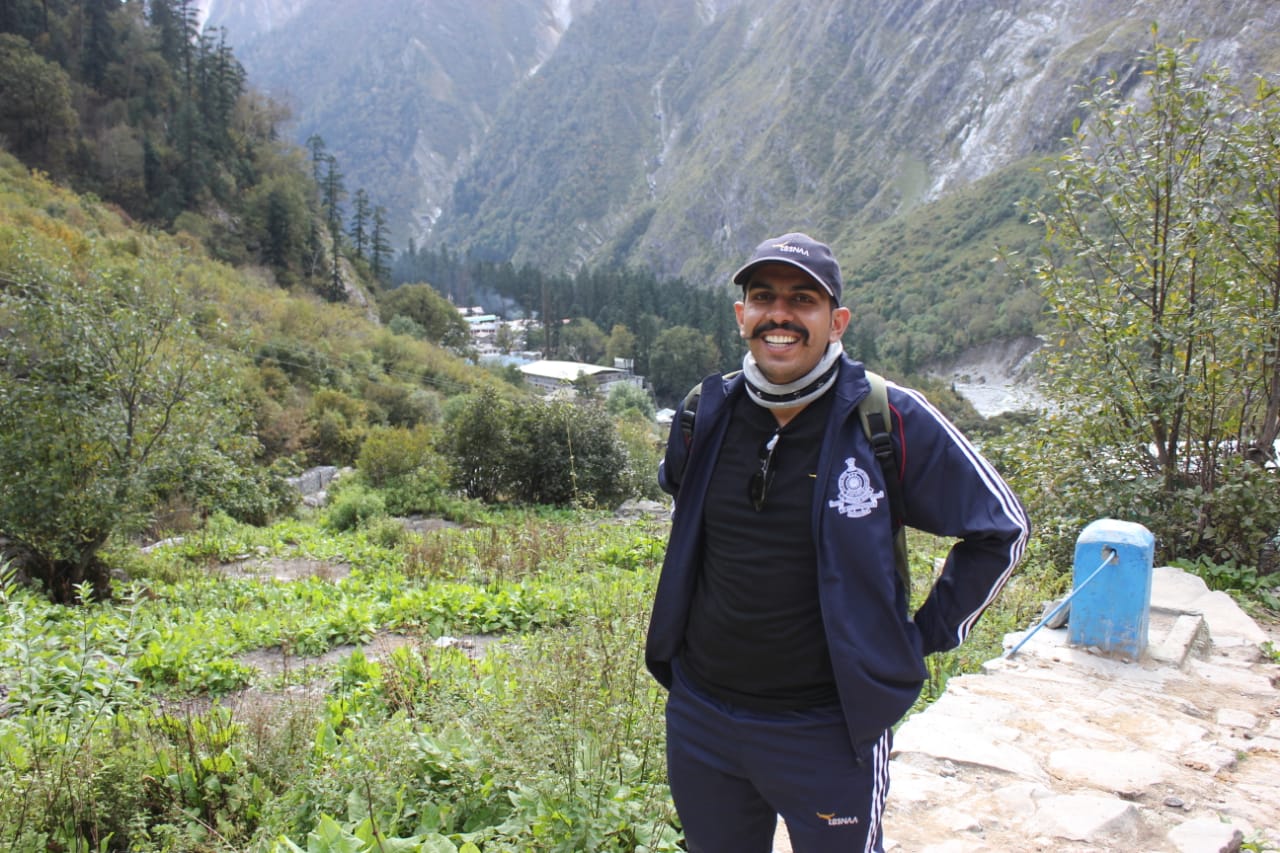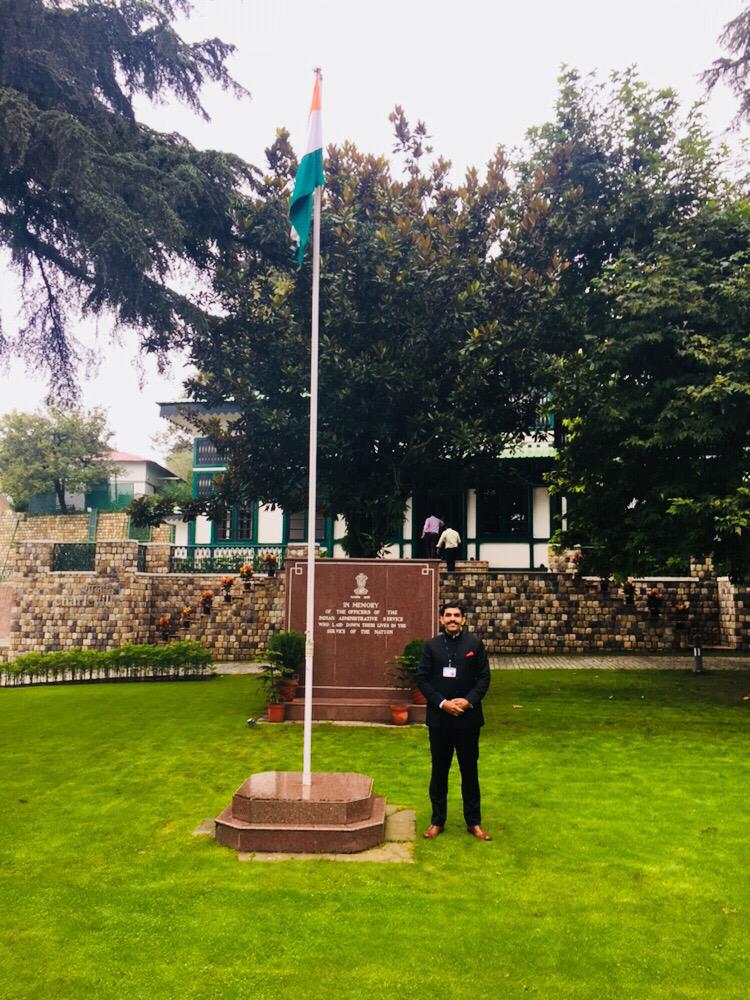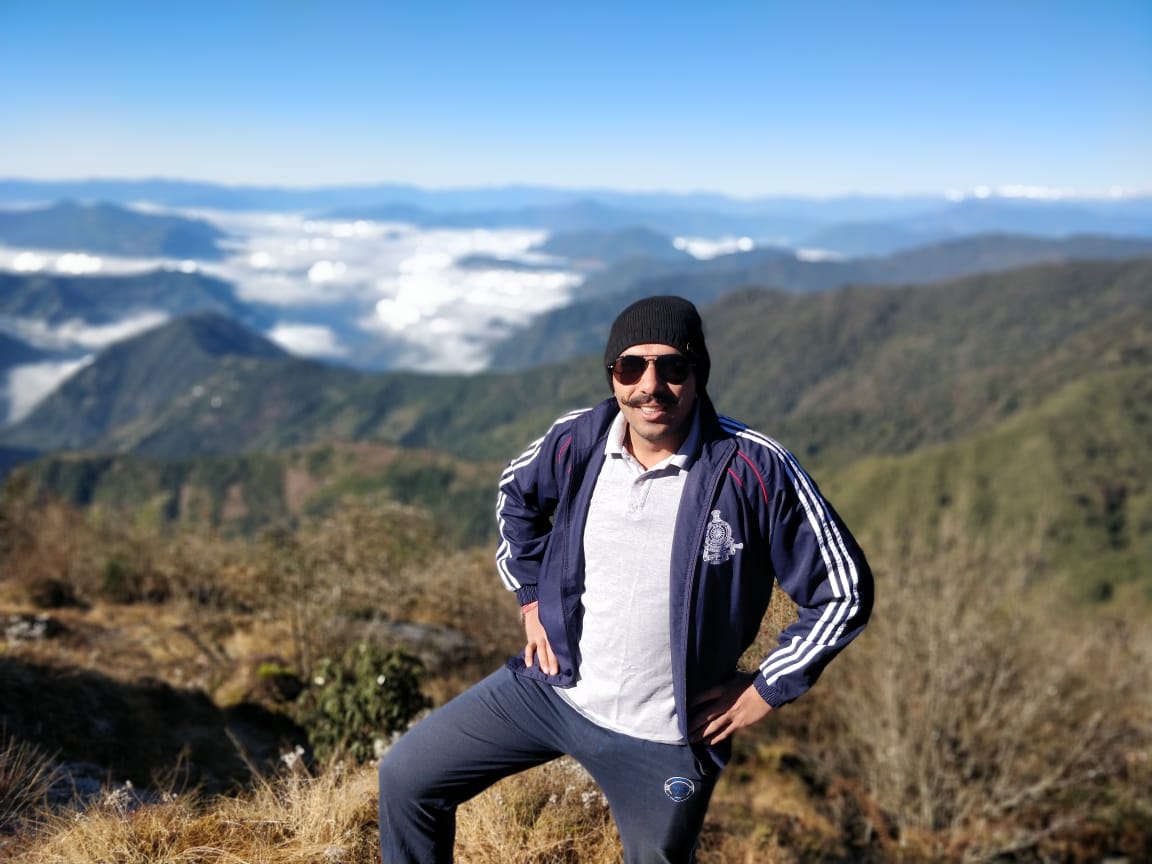#UPSCSimplified: How Crucial is English? Here’s What an IAS Topper Says!
“I followed a very simple rule – study with the intention of clearing the examination."

There is something about people like Deshal Dan that cause you to take him seriously and heed his advice. The son of a tea-stall owner from Jaisalmer in Rajasthan, growing up for him was neither easy nor comfortable.
Having lost his brother to a tragic accident, Deshal’s belief in wanting to serve the nation only got further strengthened. He completed his BTech from the Indian Institute of Information Technology, Design, and Manufacturing, Jabalpur. Soon, he went on to crack the UPSC examination in his very first attempt, without any coaching classes!
In this exclusive interview with The Better India, Deshal shares his study strategy, the materials he used, and how he divided his time in studying for various subjects.
How to study for the UPSC?
Deshal answers that it is critical for each aspirant to honestly assess their strengths and weaknesses before beginning studying. This will help them in allocating time and resources adequately.
“I followed a very simple rule – study with the intention of clearing the examination.”

“If seeking knowledge is your approach to the preparation, then, in my opinion, it will not work. The vast syllabus does not allow you to do this at your own pace. So be methodical and approach it like that,” he says.
He points out that it is also very important to learn to present your answers well. “Sometimes you might know the answers, but you might end up not scoring high marks because you are not sure of how to present them. So practice that as well,” he says.
What to study?
Coming from a small town where the influx of UPSC resource material was almost nil, it was difficult for Deshal, but not impossible.
Speaking about it, he says, “There was a time when it was only the big cities where you could get resource material. But now, thanks to the Internet, that has changed significantly.”
1. Internet
The Internet has become a great equaliser, says Deshal. “I relied very heavily on the internet to find old question papers, read up about the strategy used by previous toppers and officers, and even found a lot of course material,” he says.
2. You are the best judge
While you may seek advice from various people regarding the approach to the examination, it is imperative to use your own mind in making the final call.
Deshal says, “Be mindful of the subjects you choose and how you decide to use your resources. Do not blindly follow the strategy of another officer. It will not help you in the long run.”

3. Stay away from misinformation
While the Internet has been a boon, the amount of information available online can leave aspirants confused and severely lost.
He says, “Pick the resources you want to use, wisely, and give equal time and weightage to practice as well as studying.”
He also urges aspirants to stay away from the rampant spread of online misinformation. The examination is not only a test of what you study but tests how you apply all that you studied, he insists.
He says that he used only five or six books for his preparation but made sure he was thorough with those.
Where to buy books?
Online portals are a popular option, but the cost can be quite high. Deshal suggests investing in second-hand books which are more reasonable. The Jawahar Book Depot near JNU in Delhi, according to him, is a useful resource as it stocks up second-hand books.
Is English important?
Having command over the language is most certainly a benefit. “It cannot be disputed,” says Deshal.
He opted to appear for the written examination in English but chose Hindi for the interview stage.
He shares, “With a choice of 22 regional languages, the UPSC encourages you to choose the language you are most comfortable with.”

“You can also choose different languages for different stages: written and interview.”
He goes on to say, “I chose Hindi for my interview stage because I am most comfortable in it. For the interview, it is crucial to speak and convey your thoughts as clearly as possible,” he says.
Since most of the course material available is in English, he chose it for the written examination.
You May Also Like: Daughter of Beedi Rollers Fights Odds to Educate Herself, Now Supports 2,400 Youth
With these pointers, we wish you all the very best for your examination!
(Edited by Shruti Singhal)
Like this story? Or have something to share?
Write to us: [email protected]
Connect with us on Facebook and Twitter.
If you found our stories insightful, informative, or even just enjoyable, we invite you to consider making a voluntary payment to support the work we do at The Better India. Your contribution helps us continue producing quality content that educates, inspires, and drives positive change.
Choose one of the payment options below for your contribution-
By paying for the stories you value, you directly contribute to sustaining our efforts focused on making a difference in the world. Together, let’s ensure that impactful stories continue to be told and shared, enriching lives and communities alike.
Thank you for your support. Here are some frequently asked questions you might find helpful to know why you are contributing?


This story made me
- 97
- 121
- 89
- 167










